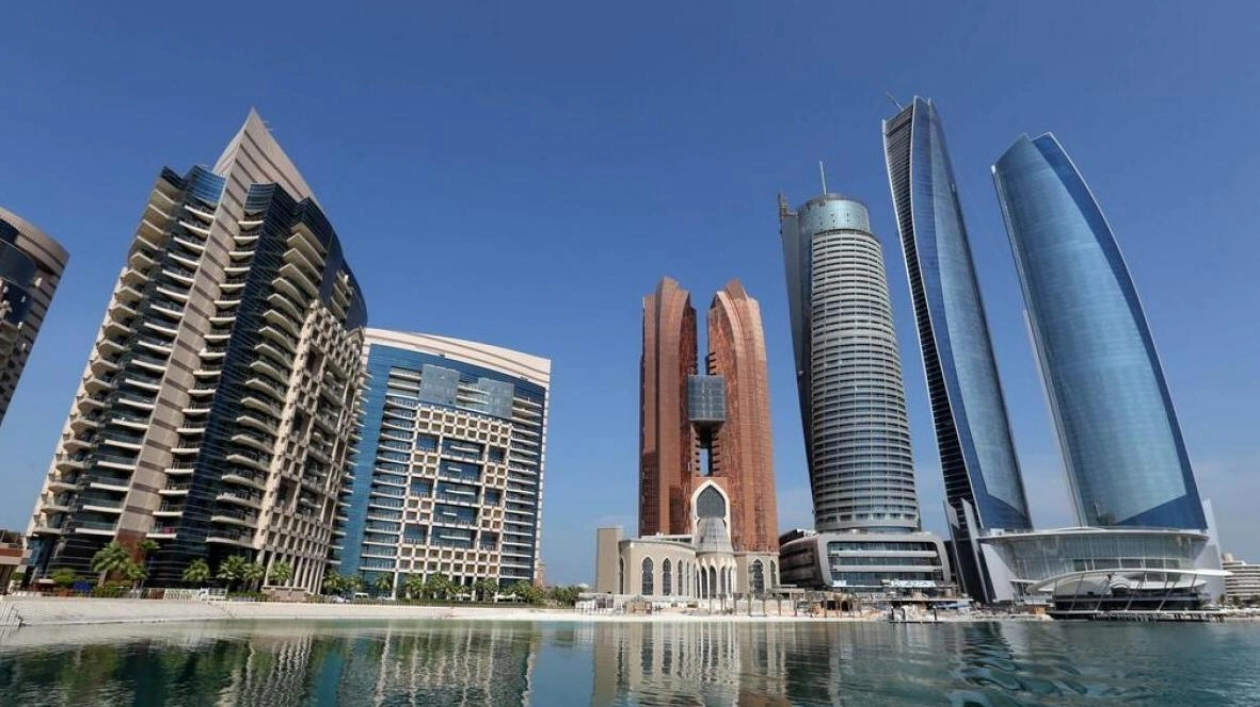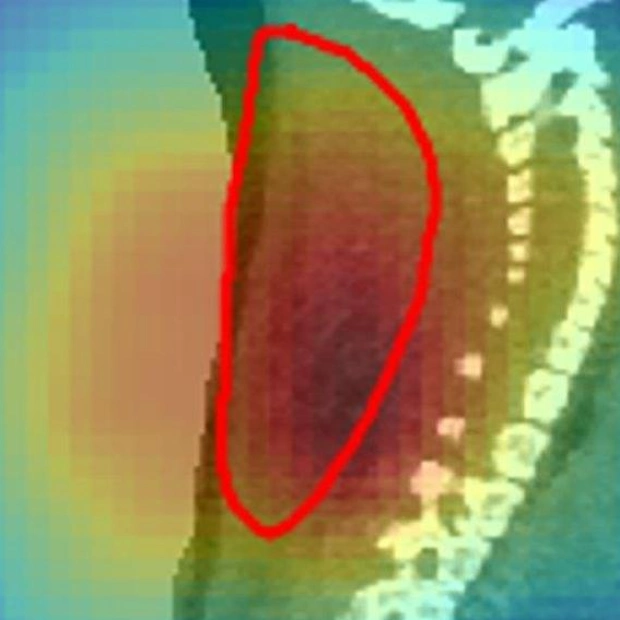Are you considering renting property for an extended period, perhaps even decades? Or are you planning to buy a house to settle down in the UAE for the rest of your life? According to Law No. 19 of 2005, expatriates have the right to own property in the form of floors and apartments; however, they are not permitted to own land. Foreign residents can both own and trade property through four primary systems:
1. Ownership: Expats can fully utilize and dispose of the apartments and villas they purchase (excluding land) for a period of 99 years.
2. Musataha: Expats can own residential units for a period of 50 years. This period is renewable by mutual agreement. Under these contracts, for the specified period, the owner can use, construct on, or alter the property.
3. Usufruct: Expats can own and use residential units for 99 years. However, under this contract, the owner cannot alter the property.
4. Long-term lease: Expats can lease units for a long duration, typically 25 years or more.
Where can expats own property? According to the TAMM portal, expats can own properties in nine specific areas within the emirate. To purchase a property in any of these locations, you must register the sale on TAMM. You can do this by navigating to services, clicking on 'units' under housing and properties, and then selecting 'register for first sale' if the property is being sold for the first time. If the property is being bought from a source other than the developer, you can apply through the 'Register sale and purchase of plots or real estate units outside development areas.' When purchasing a residential unit that has not yet been completed, customers can navigate to TAMM and apply through the 'register the sale of an off-plan plot or unit.'
Points to note: Before creating a purchase agreement, ensure that the project developer is registered with the Department of Economic Development in Abu Dhabi. The purchase agreement must include a date of delivery and compensation if the project is not completed by the specified date. If buying a property for resale, do not proceed without a sale agreement or any other form of contract.
What to do in case of a dispute? According to the TAMM portal, in case of a dispute, purchasers must: Enquire about the status of the project at the Abu Dhabi City Municipality. Contact the project developer to obtain a statement of the project status, which specifies the estimated time to complete. Ensure payment of all amounts owed to the developer until the date of filing a lawsuit with the Abu Dhabi Courts.






